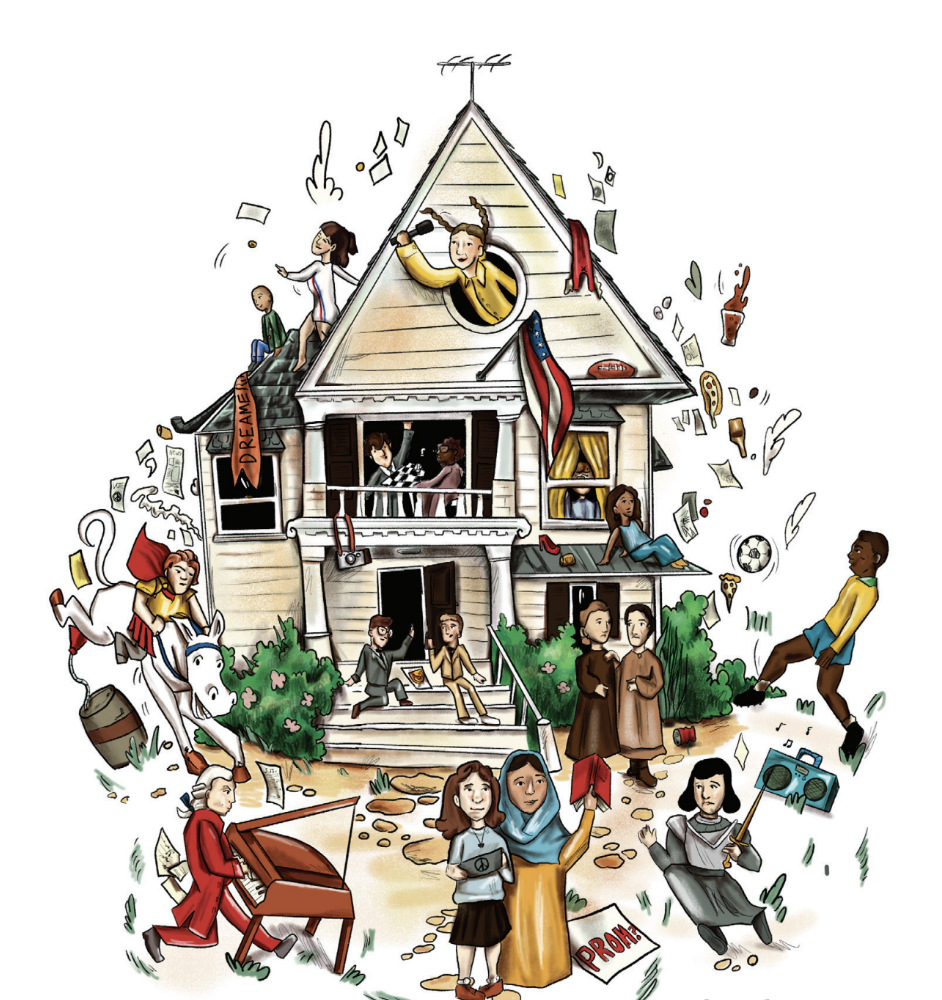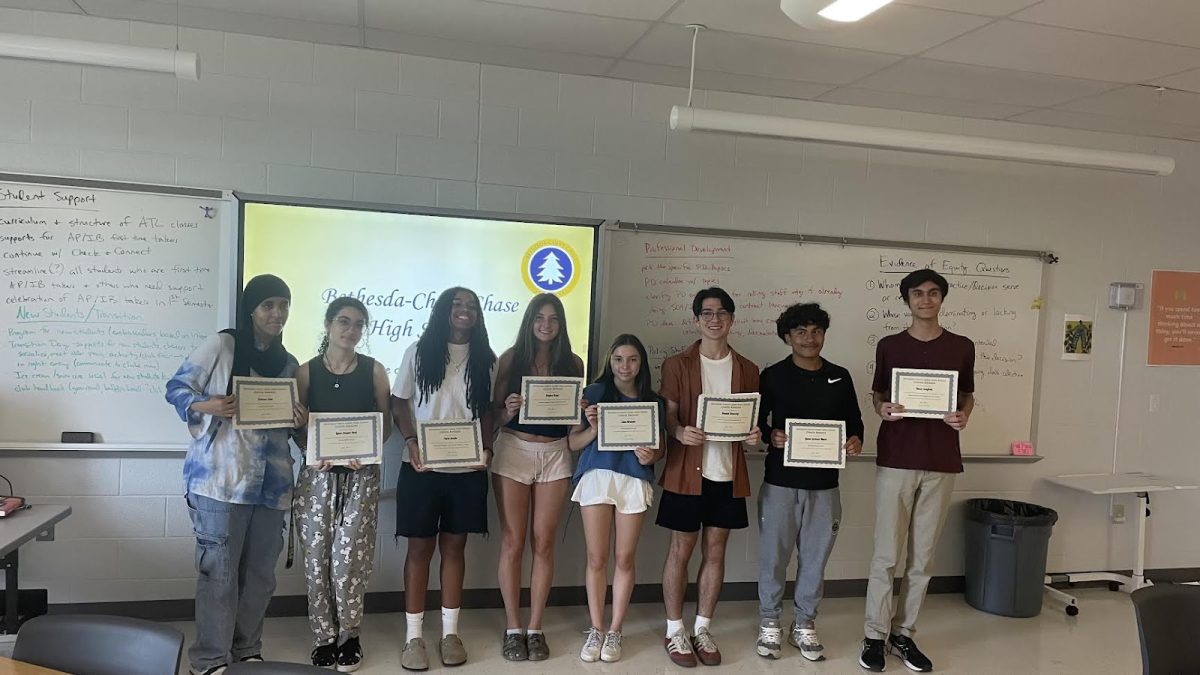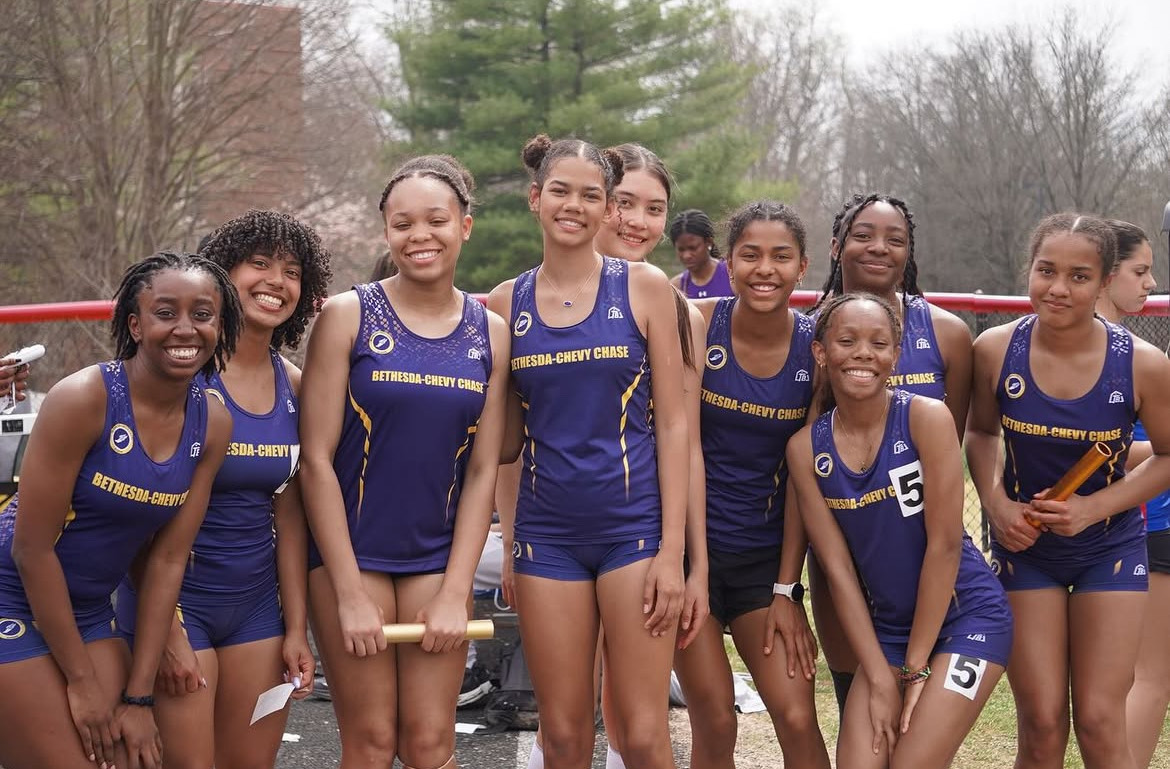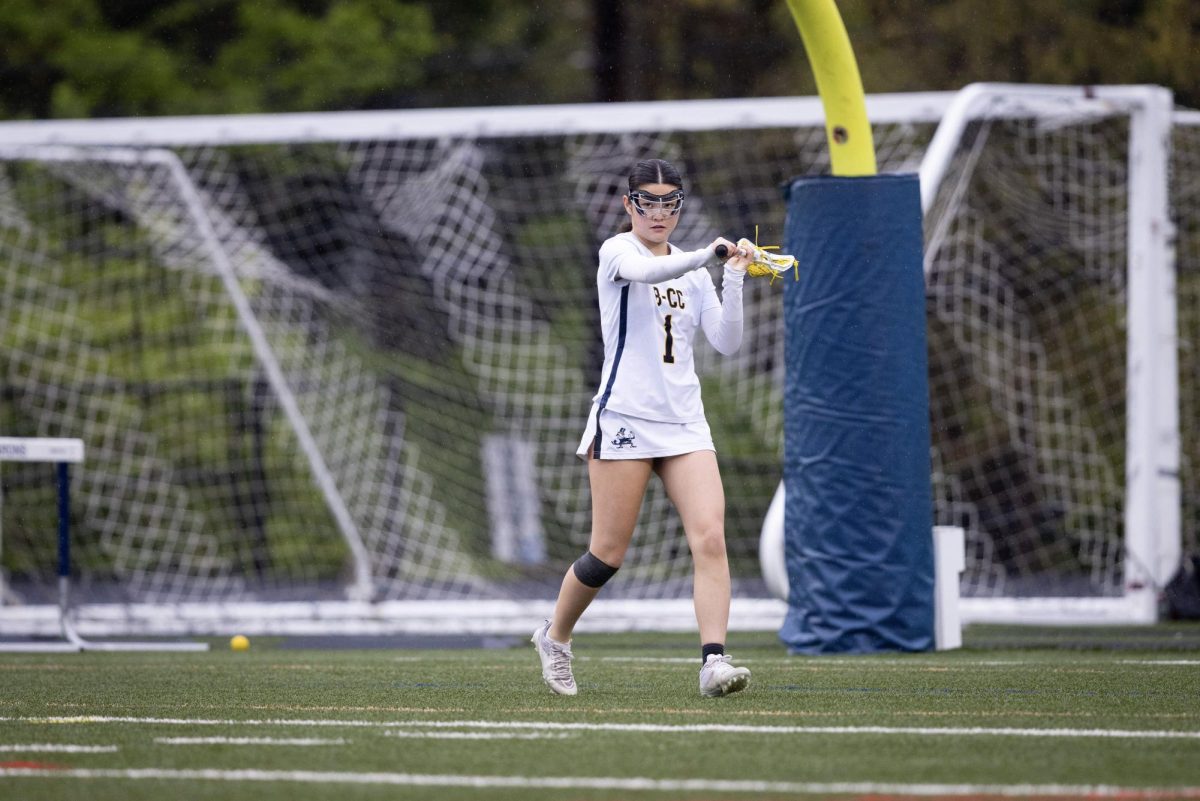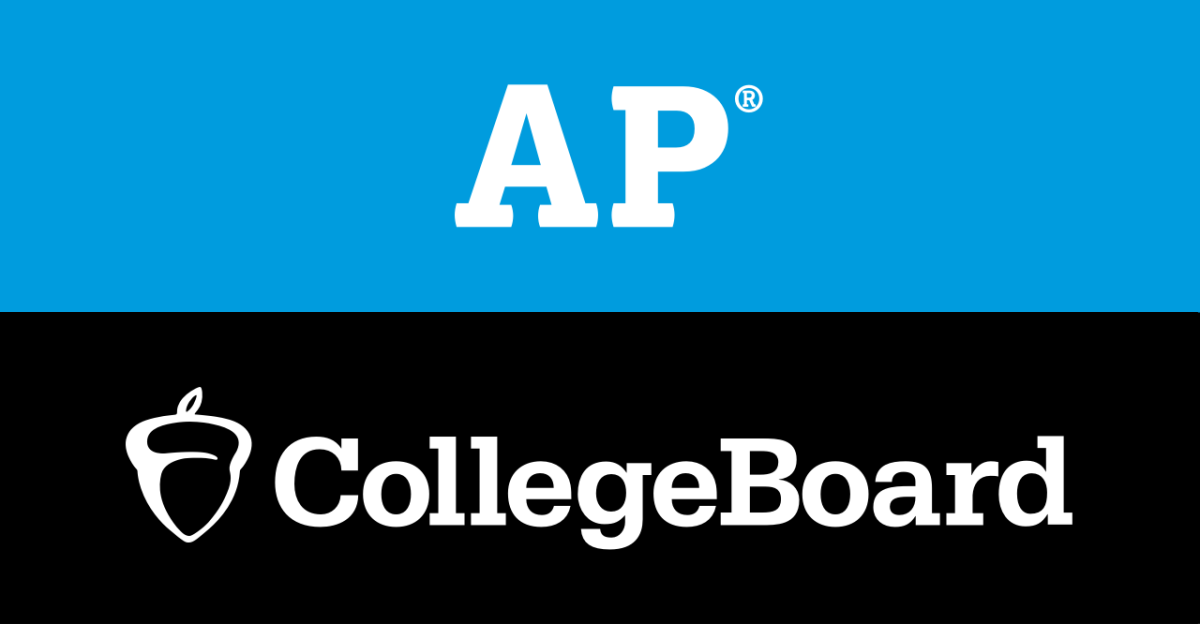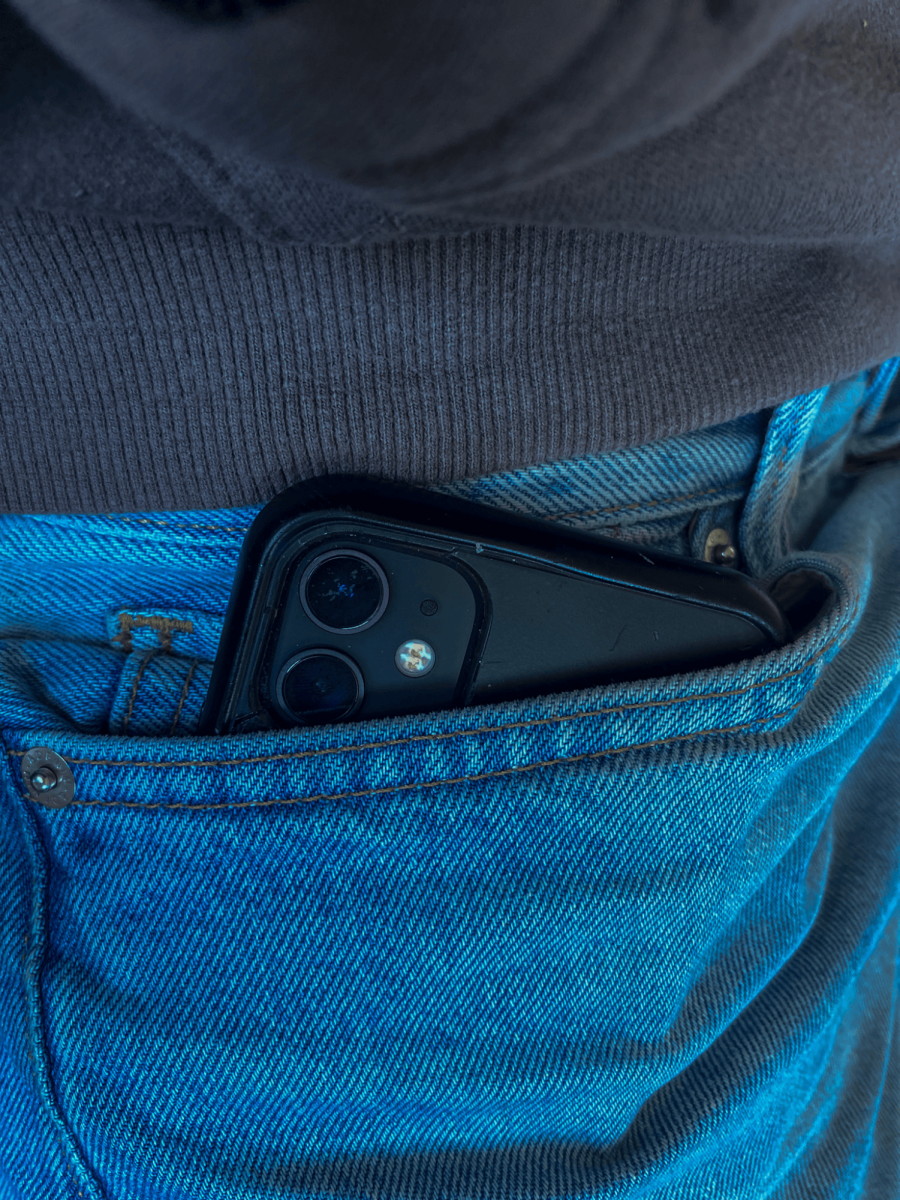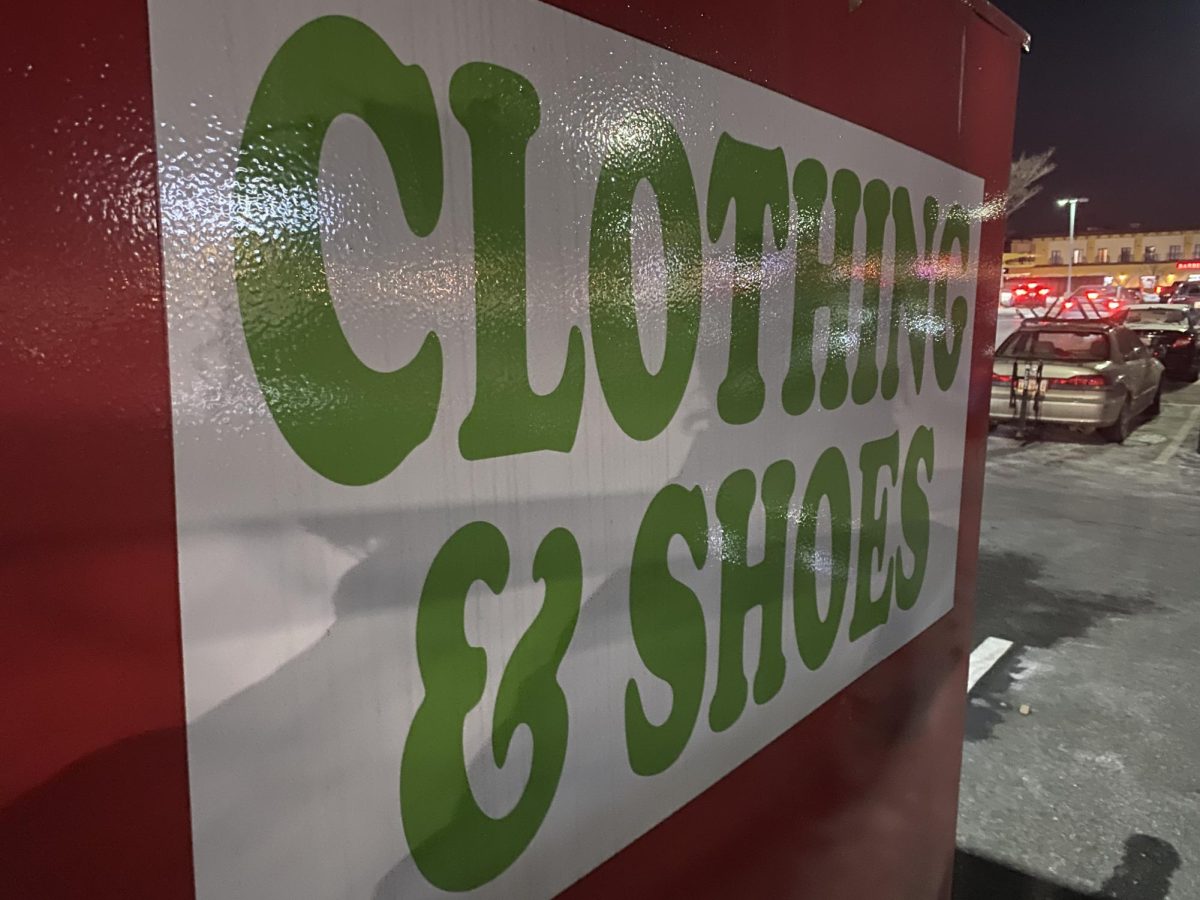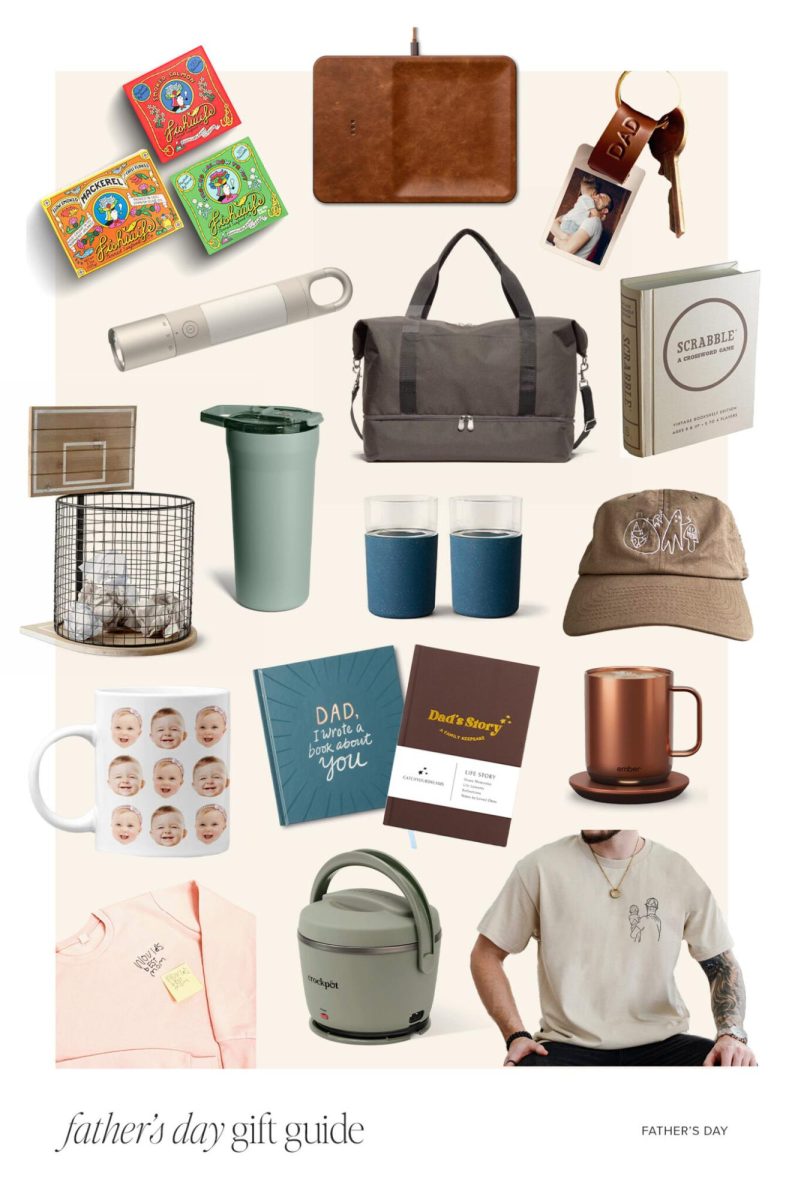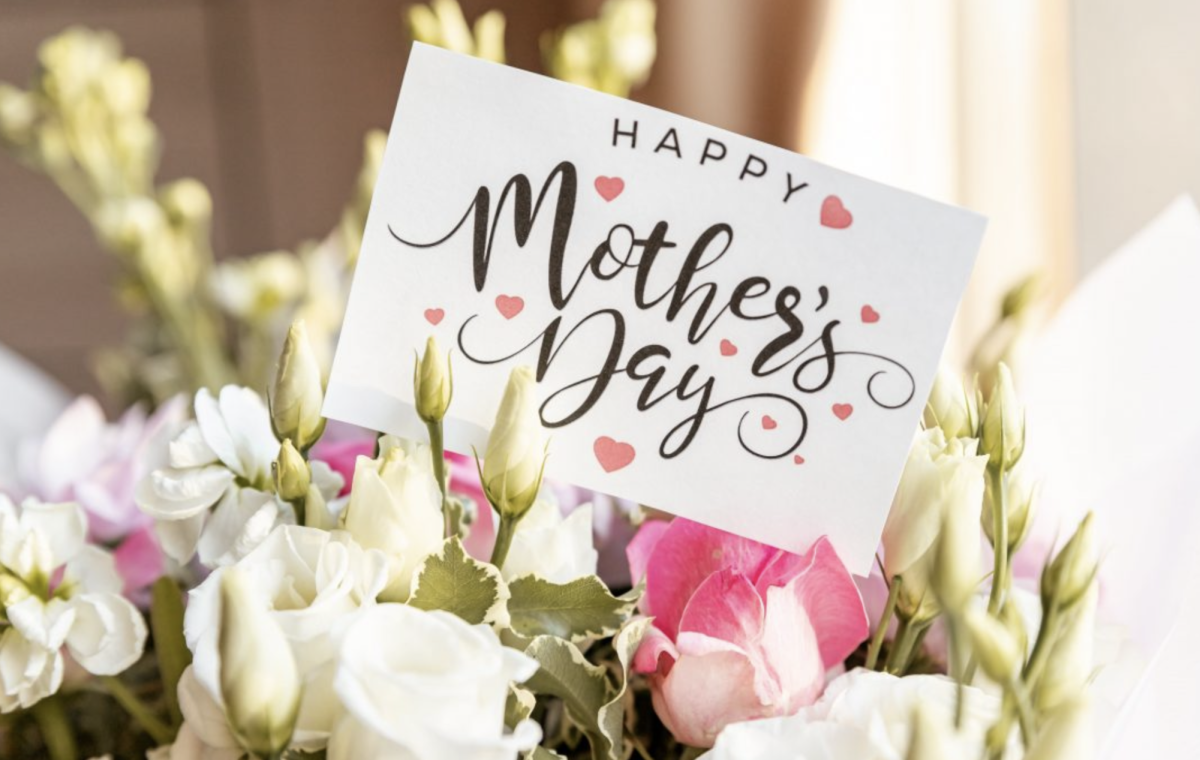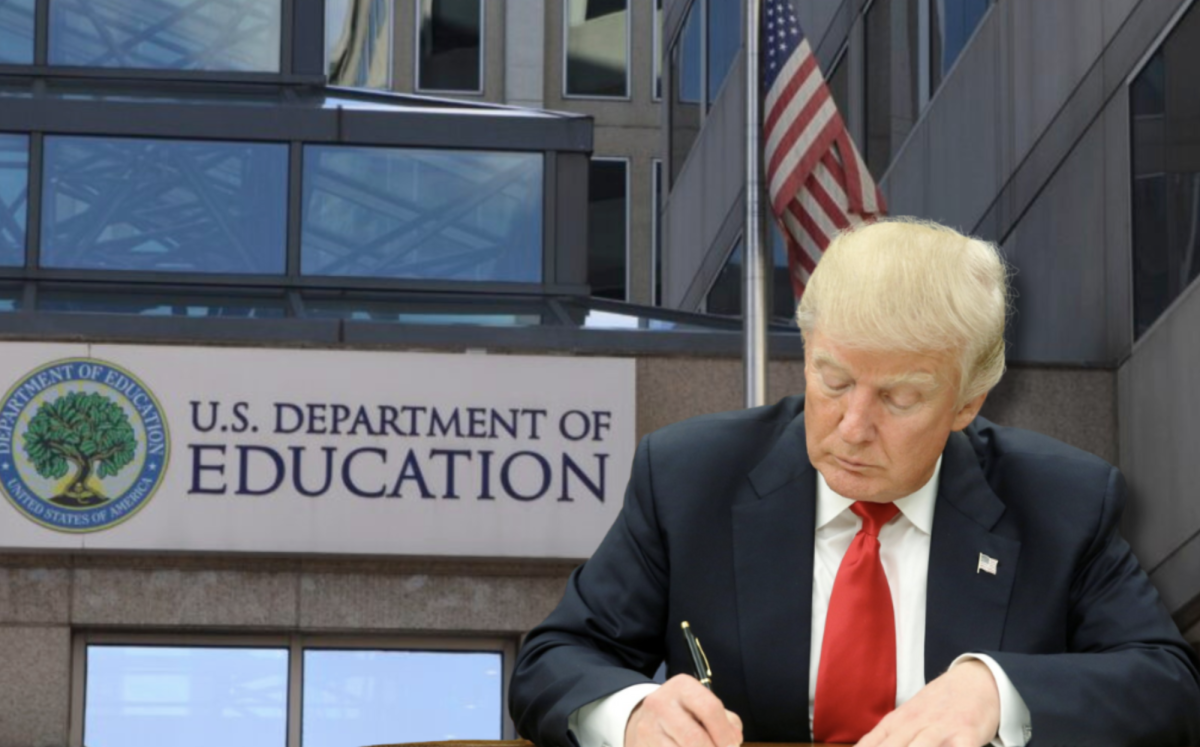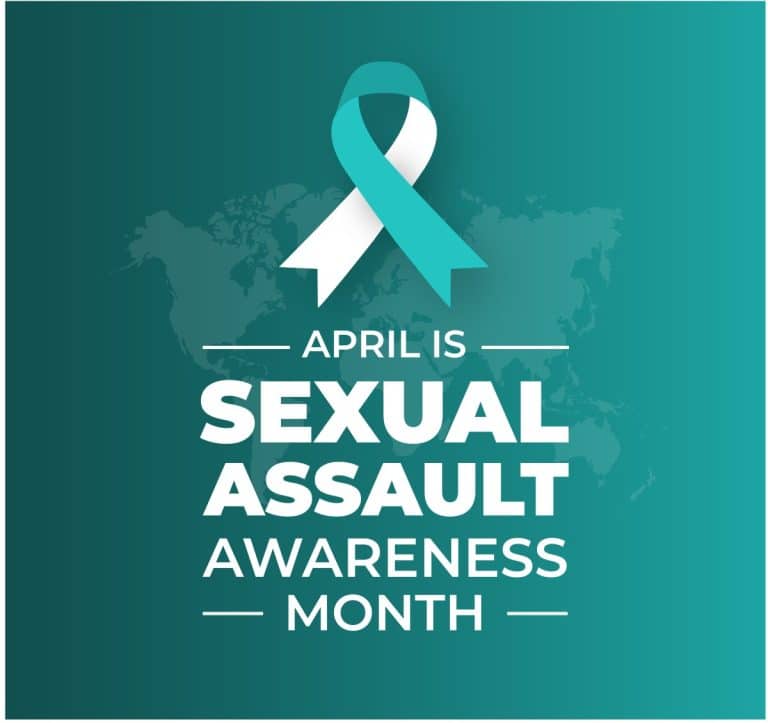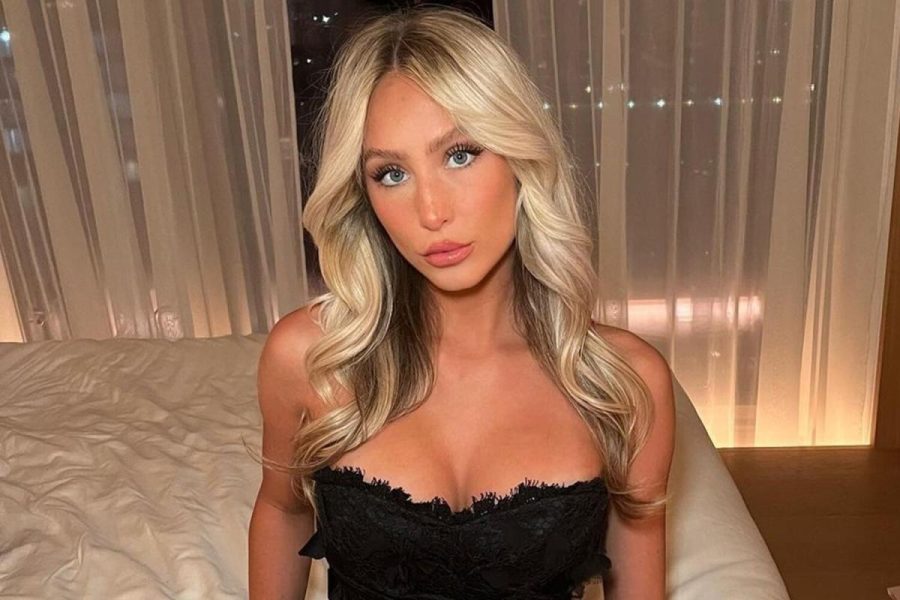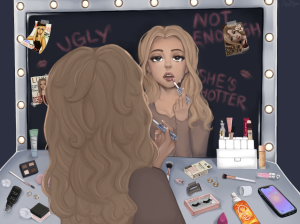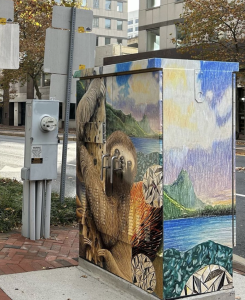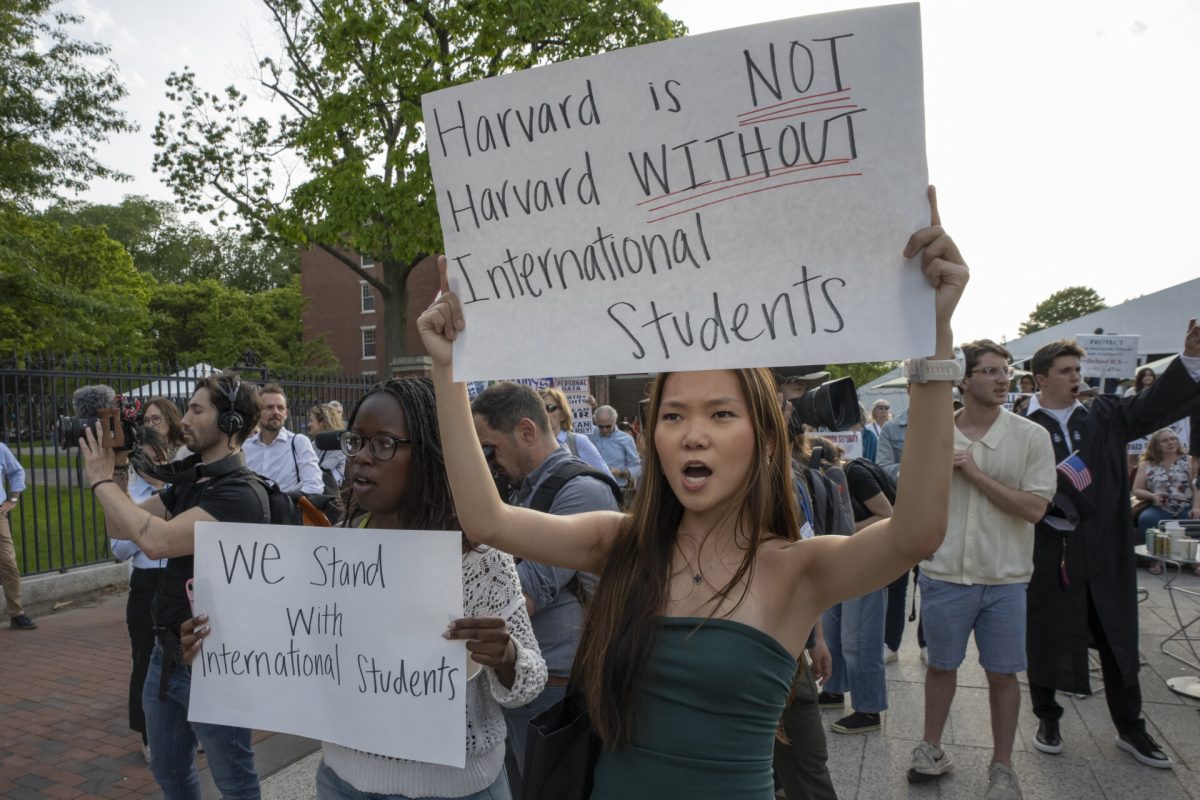Overnight Fame’s Slippery Slope
Alix Earle
June 15, 2023
The Alix Earle Effect: “If Alix does it, so do I.”
Social media influencer Alix Earle (discussed here on her, and other influencers, impact on the Black community) has taken the world by a storm, being the sole source of lifestyle advice for many teenagers. Her “get ready with me” TikToks have launched this UMiami senior into a world of brand sponsorships, even getting sent on an “Influencer Trip” to Dubai with Tarte Cosmetics. In the past few years, we’ve been seeing more and more influencers rise to fame almost overnight. Although it’s a high peak, it’s also a slippery slope.
“[Alix Earle] kind of just blew up out of nowhere. One day nobody’s ever heard of her and the next everyone knows her,” noted junior Nadia Singelmann. Many find the idea of a college girl gaining such a following so quickly for simply documenting her life inspiring. Junior Emma Schwartz shared, “Alix Earle’s TikToks feel like you’re on FaceTime with a friend.” These relatable aspects have proved to be helpful to many influencers. It seems almost counterintuitive that after rising to fame, influencers tend to lose touch with reality.
What really allows influencers to make the switch from their former lives to lavish living is largely their fan bases. Many people, especially young and impressionable audiences, can quickly turn an individual they only know through a screen into a role model and an idol. By the time that these influencers develop this extremely devoted fanbase, their new life takes off. Supporters who will view, like, and defend their content no matter what are their safety net. At a certain point, groupthink can take over. “When everyone’s talking about someone, you’re gonna check out who they are,” stated Schwartz.
Losing touch with reality isn’t a crime. The real issue lies in the potential of spreading unrealistic or uninformed influences to young and impressionable audiences. This stems from the dangerously fine line between extreme fondness and unconditional idolatry that is brought to life by fan bases. Fans of problematic celebrities have quickly gained criticism, as seen with Kanye West’s fans, Morgan Wallen’s fans, and even Elon Musk admirers. Their dedication to these individuals can easily blind them from the severity of their comments or actions. Influencers are a pipeline to celebrities, so their fan bases can be just as problematic, especially with such a rapid rise to fame.
One large issue associated with influencers is the unrealistic beauty standards that they further. Kylie Jenner has received criticism for posting workout routine videos, which some had interpreted to insinuate that she had not undergone plastic surgery and that her body was completely achievable naturally. Increasingly realistic TikTok filters have also become popular in recent years. Many imitate both glamorous and more natural makeup styles, and even change facial features like eye color. Alix Earle, for example, is known for using the blue eyes filter in many of her TikToks. However, she is applauded for being so open about her acne and cosmetic procedures. Transparency from beauty influencers is extremely important. Fooling adolescents to believe in unachievable beauty standards is dangerous, fostering insecurity, low self esteem, and constant comparison.
The potential dangers of quickly rising to fame do not invalidate the benefits of influencers. They represent newfound accessibility to a parallel celebrity lifestyle, thanks to social media. Many influencers are able to help raise awareness and support for causes they are passionate about. Displaying transparency and normalizing things that should be widely accepted is also a possibility. However, these potential benefits do not outweigh the dangerous realities of rapid fame.
Social media has vastly changed the world as we know it, especially for teenagers. The rapid spread of information made possible by it has simultaneously made it possible for influencers to blow up overnight. With fanbases and the quickness of it all, though, it’s a slippery slope. As consumers, we should celebrate the increased accessibility of these new careers while also being careful with blindly idolizing influencers and the possibly harmful ideas that they can further.



